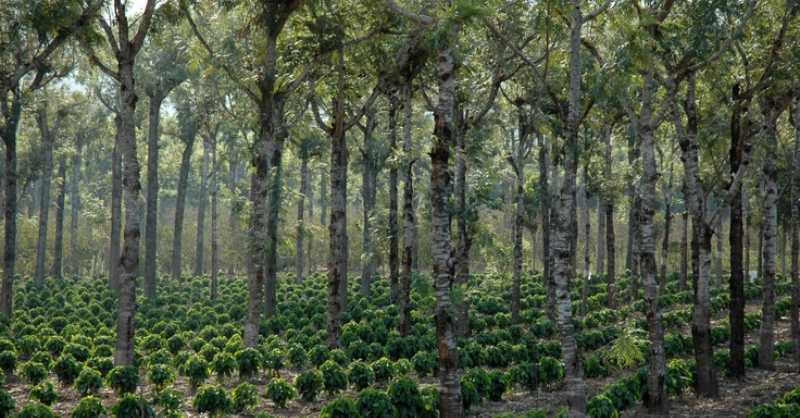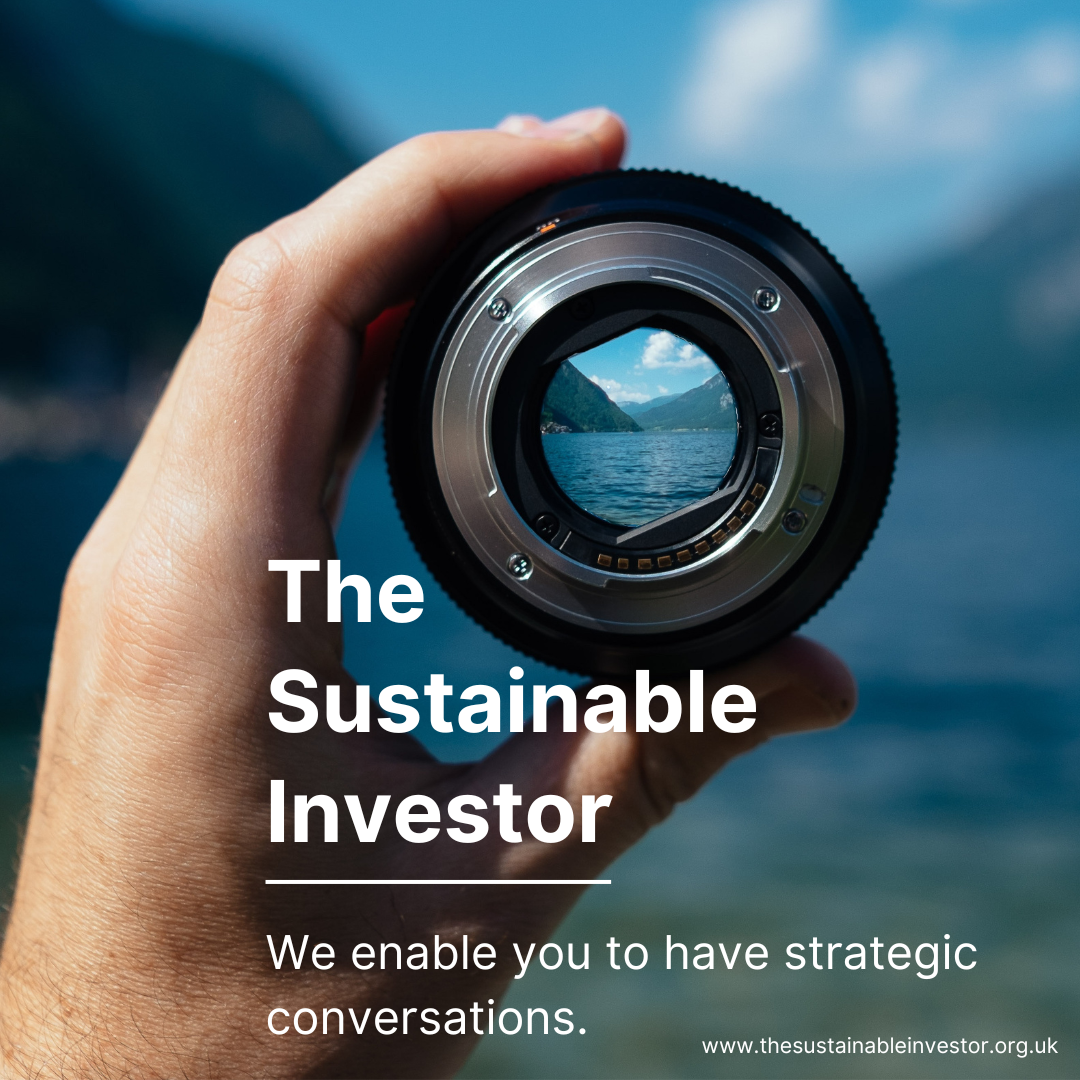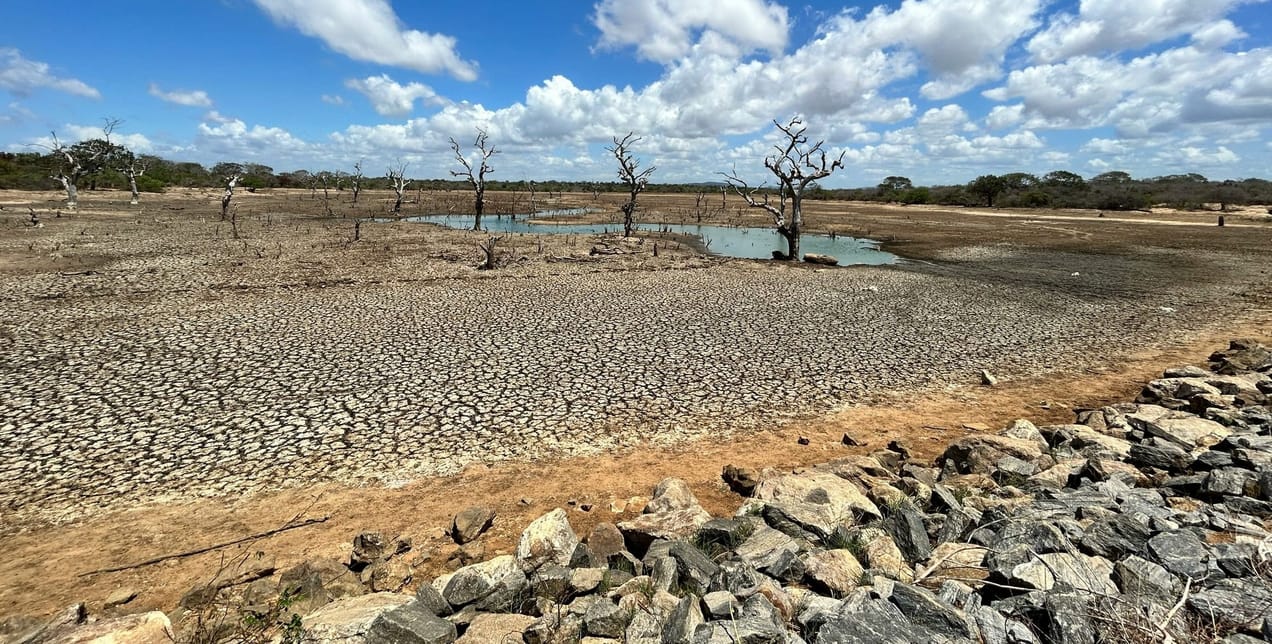
Coffee, deforestation and new supply chains
It's August, and it's about coffee, and specifically about sustainability in coffee (two of my favourite topics) so for the first time we are highlighting a conference.
It's August, and it's about coffee, and specifically about sustainability in coffee (two of my favourite topics) so for the first time we are highlighting a conference. After we posted our Sunday Brunch on premiumisation and the coffee industry, the organisers of the World Coffee Summit, being held in London on the 13th Sept 2023, got in touch.

To be clear, we have nothing to do with organising this conference, and we have no financial interest. But, it looks both topical and interesting. So, if you are interested in sustainability in coffee - have a look, especially if, like me, you come from the financial world.


The details
Sustainability in coffee
Over the last few months, we have been writing about coffee. This is not (just) because I love coffee, but more practically, the coffee sustainability challenge has a massive read across for other agricultural and natural capital issues.
Why this is important
Lets start at the top with supply, and how it's likely to be impacted in a world of climate change. According to a report from Dr Richardson et al "global coffee production is at risk from synchronous crop failures, characterised by widespread concurrent reductions in yield occurring in multiple countries at the same time". Or putting this is plain English, climate change looks like it's going to alter where we can grow coffee, with the area of suitable land potentially being reduced by up to 50%. Rising temperatures are the main driver, but changes in rainfall and seasonality are also important.
In theory production could be moved to more suitable regions, including to higher altitudes. However, as we discussed in our recent blogs, many farmers, and especially small land holders, often lack the resources and flexibility to relocate. Which brings us to the second challenge, poverty among farmers, leading to a lack of capital to invest in improving production, yields and most importantly product quality.

Many coffee growers struggle financially. Close to 60% of global coffee production comes from farms of less than 5 hectares, often in remote areas. According to Enveritas, as of 2019, 44% of the world's smallholder coffee farmers are living in poverty and 22% are living in extreme poverty. The majority of coffee farmers living in poverty are concentrated in six East African countries. These countries account for approximately 63% of the world's coffee farmers living in poverty and 71% living in extreme poverty. The region is characterized by low coffee yields that result in low income to these farmers.
And sustainability is now more of an issue. This is good, but it brings costs and complexity. Deforestation is coming under more scrutiny, with for instance the EU regulation on deforestation-free supply chains specifically targeting coffee (along with palm oil, cattle, soy, cocoa, timber and rubber as well as derived products such as beef, furniture, or chocolate). Under this regulation, companies selling coffee in Europe must "confirm that the product has been produced on land that has not been subject to deforestation or forest degradation, including of primary forests". This is part of a wider focus on supply chains, a threat we highlighted in a recent blog.

So we have climate change potentially reducing the area available for coffee growing, regulation adding a layer of complexity (and cost) to supply chains, and a lack of finance limiting the ability of many farmers to improve product quality, and if required relocate. The good news is that this is not a declining industry. According to a report from the Columbia Center on Sustainable Development, global consumption could be 25% higher by 2030, if we can meet demand.
If the coffee industry is going to continue to prosper, we need to find solutions. These must include finding the capital needed for investment, which in turn could assist in providing farmers with a living wage. Collaboration will be key, with a role for governments, companies and NGO's. In this sense coffee is a microcosm of the issues faced by the wider agricultural industry, and solutions developed here could be applied across other commodities. The World Coffee Summit could not be more timely.
Something a little more bespoke?
Get in touch if there is a particular topic you would like us to write on. Just for you.
Contact us
Please read: important legal stuff.



